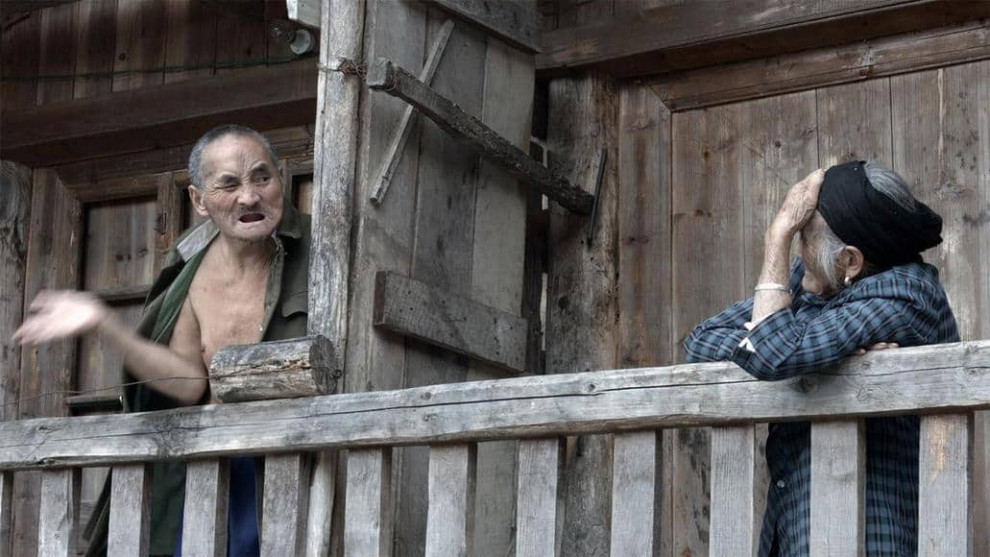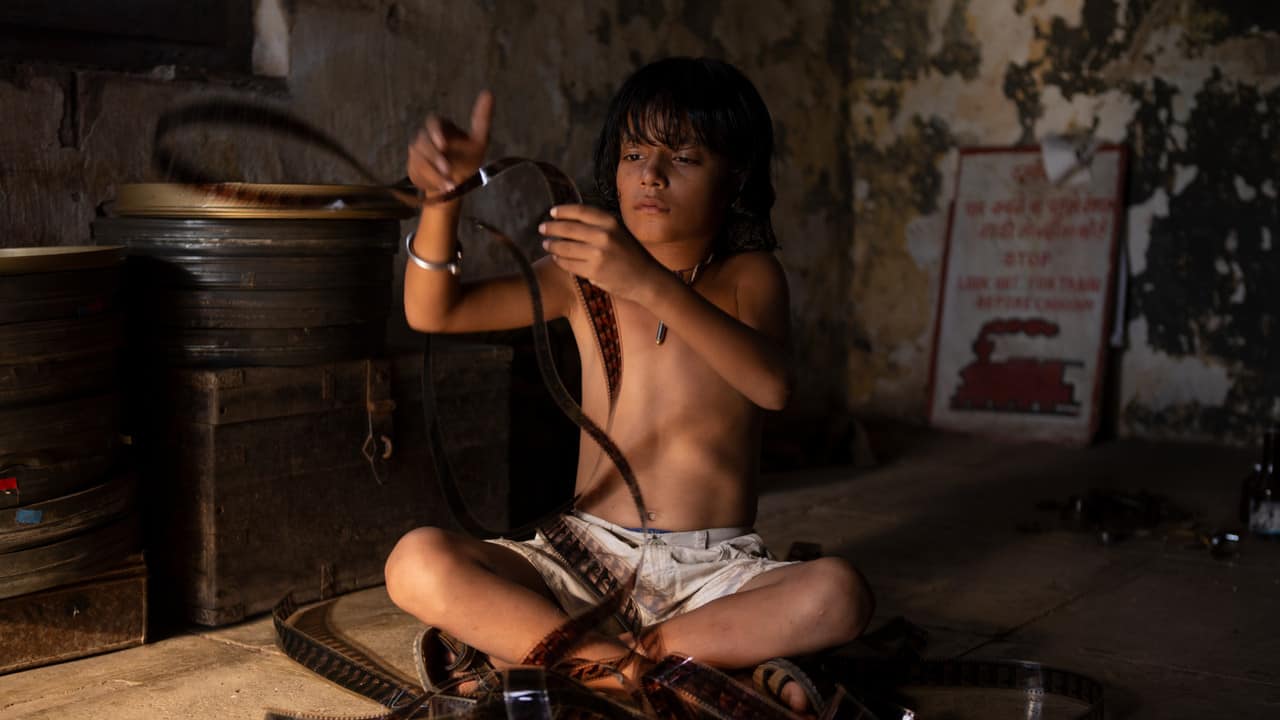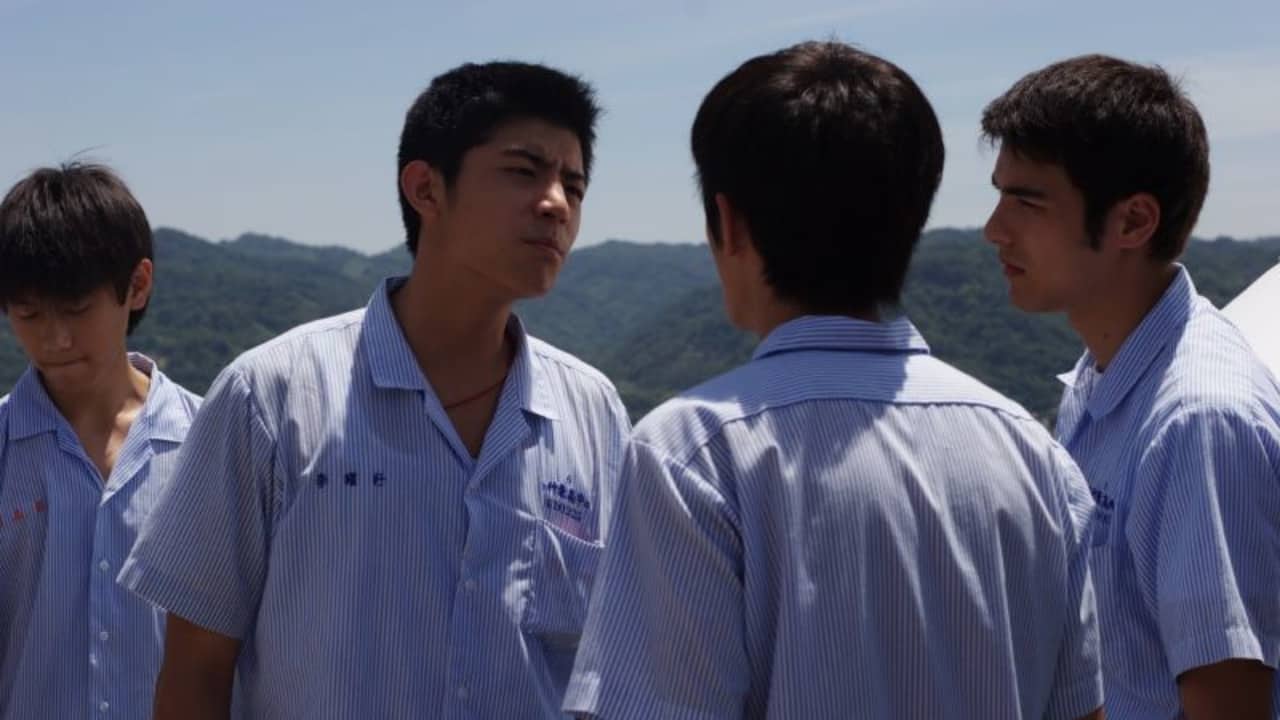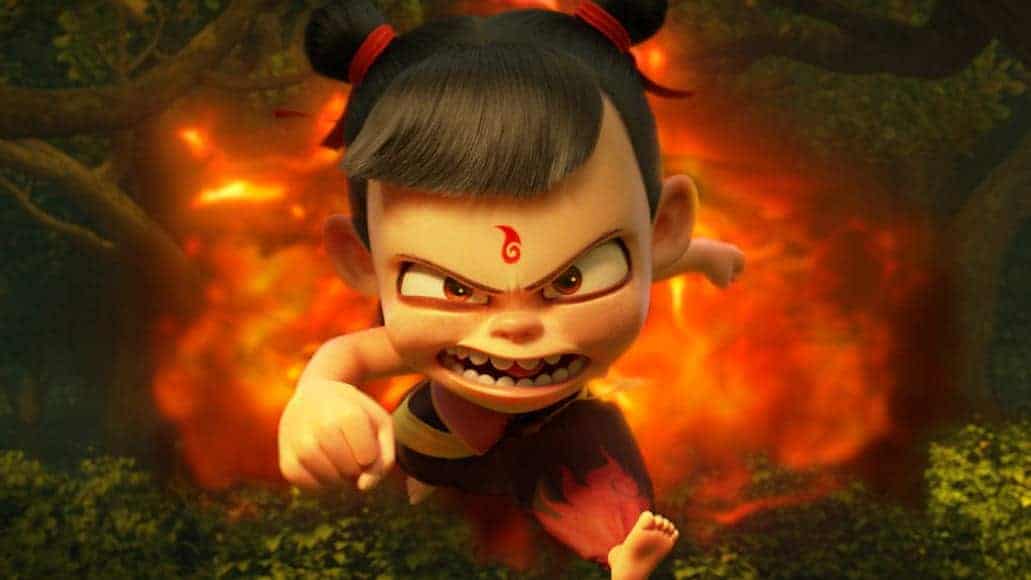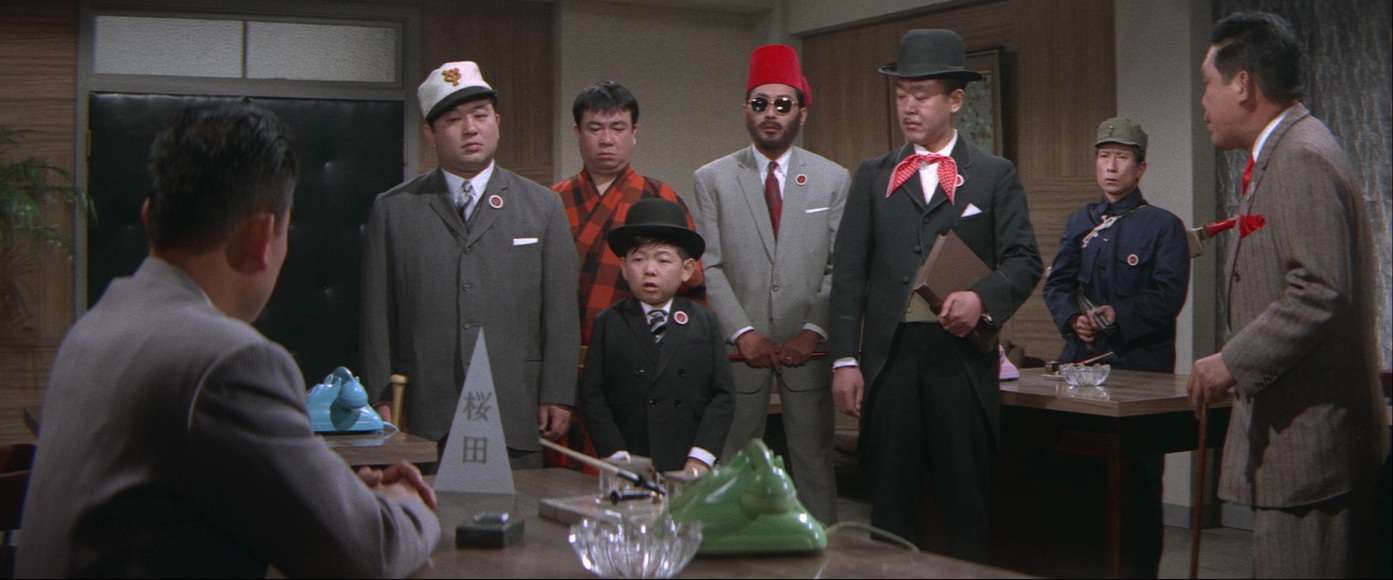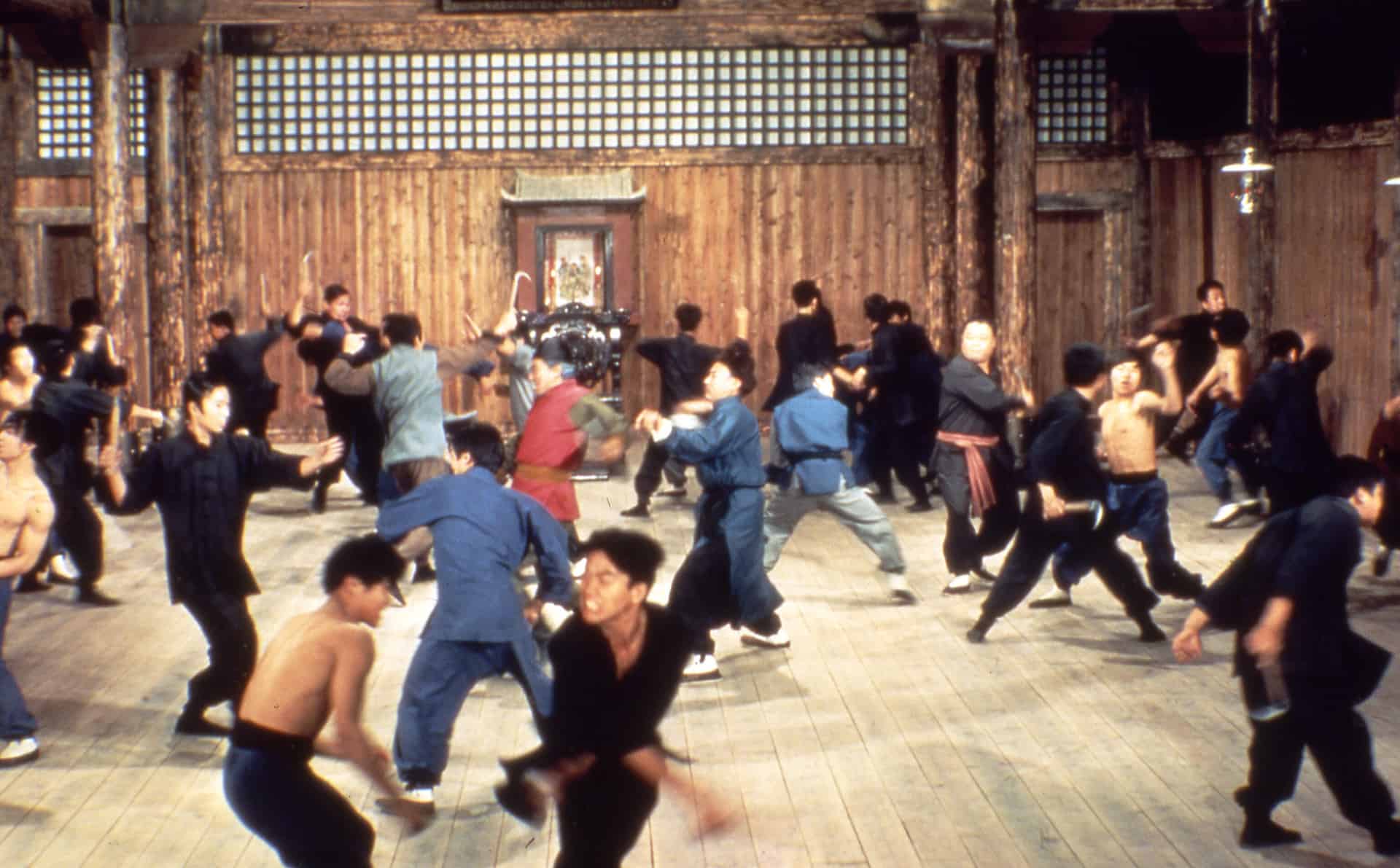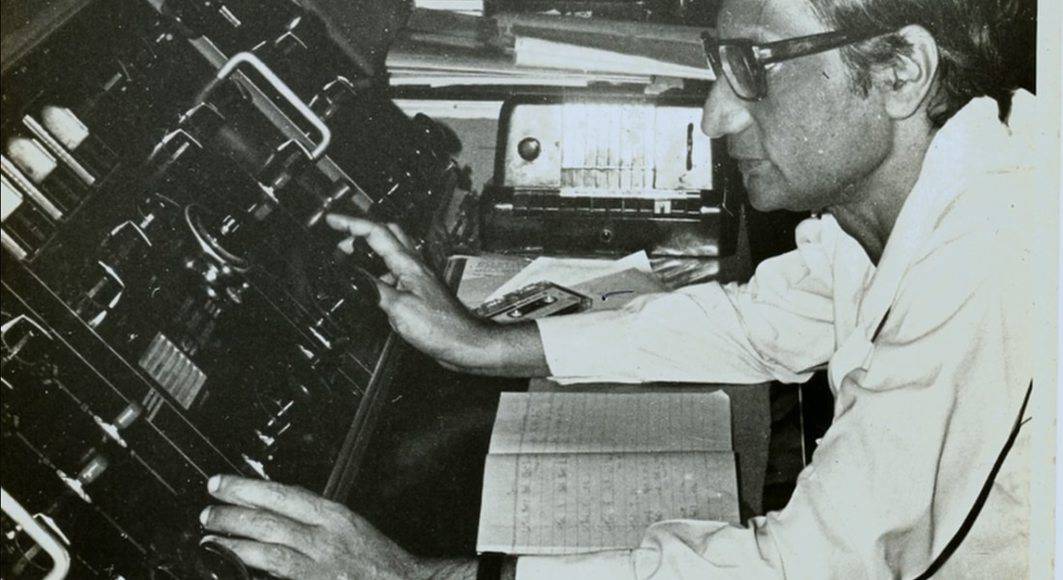Sometimes the most obvious things in life have the greatest impact. We often get annoyed by our mother's calls at an inappropriate time or their constant fussing. Yet, often it is our mother we turn to when we have nowhere else to go. This has been wonderfully captured in the documentary, “Mama”, a tribute to motherhood. It stars an eighty-eight-year-old woman, Changjie Lou who is taking care of her mentally ill son, Qi Caizheng.
“Mama” screened at International Film Festival Rotterdam
The documentary opens with Changjie Lou lighting a stove. She then goes on to wake her son, Qi Caizheng, and clothe him; proceeding to then cook and feed him. Qi Caizheng became mentally ill after he contracted meningitis. He used to be violent when he was younger, once punching his mother so hard that she lost sight in one eye. While his aggression has mellowed down over the years, it still surfaces when he slaps himself. Changjie Lou used to be assisted by her grandson but after his death in a mining accident, the whole responsibility again fell on her. One day while peeling some vegetables, she asks her grandson's wife, Liu Wenfang, to take over the responsibility of taking care of Qi. She admits she is too old to take care of him and, given her age, she wants to ensure that there is someone to take care of him after she is gone. She reveals the full extent of the trouble she had to go through to take care of him. Running after him when he tried to run away, making sure the rice is boiled properly since Qi has lost all his teeth, making barricades inside the house etc. Interspersed between the scenes of the family are shots of Chinese rural life. In the end, Liu agrees to take care of him. She faces a lot of resistance from Qi, but she calmly continues to bathe and feed him.
The most important element in this documentary is the human connection. Not only is it about a mother taking care of her son, but also of the relationships between the villagers themselves. For example, when a man shows up to artificially inseminate their pig, he is invited over for dinner. Qi has a friend from his army days who tries to talk to him despite Qi being aggressive at times. The basic human need for a family will touch anyone who watches it since for better or for worse, we are all connected to our family, whether they be of our own blood or chosen.
The director does excellent work in highlighting Changjie Lou's frailty, from her inability to use chopsticks to her inability to see clearly. Certain shots of her walking, drive home the point that she cannot take care of her son anymore. Despite that, she persists. It is this persistence and her gentle behaviour with her son which is bound to create an emotional impact on the audience. Not only that, he changes the mood of the documentary with shots of rural life. This has been done to break the flow and give the audience some respite. The everyday life of a Chinese villager offers an interesting backdrop to this family's story. With the use of such elements, the intelligence of the director shows through.
“Mama” in on itself is a simple work. The punch comes from the incredible story of a mother who refuses to give up. The director has successfully captured their story and shown it in a humane way. I would advise you, dear reader, to go watch this amazing documentary, and maybe, keep a box of tissues near!


